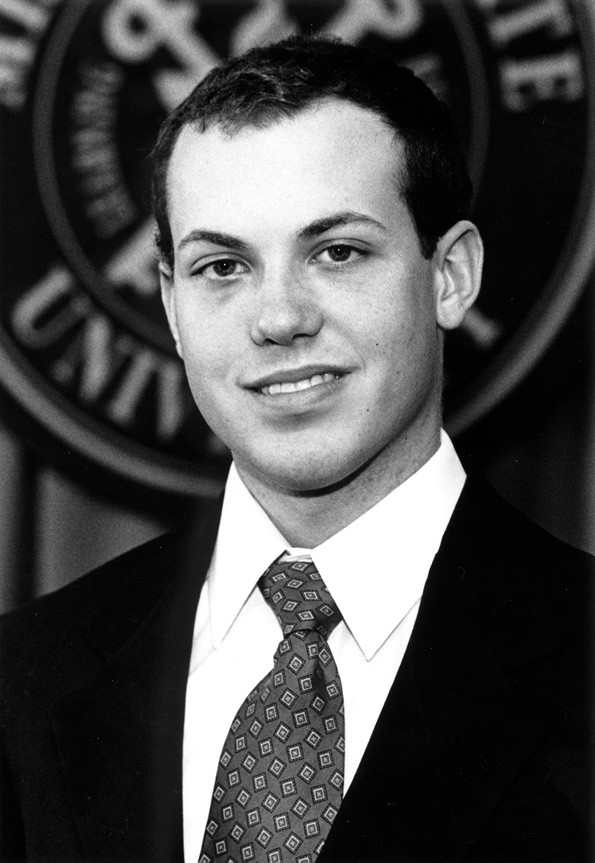Contact: Maridith Geuder

Alan P. Boyle
Through a summer program sponsored by the Mayo Clinic, a Mississippi State senior is expanding his research experience to focus on potential causes of Alzheimer's disease.
Alan P. Boyle of Starkville, a double major at the university in computer science and biochemistry, is among 70 students nationwide working as Summer Undergraduate Research Fellows of the world-renowned Rochester, Minn.-based medical facility.
Rather than the Midwest, his training is taking place at the Mayo College of Medicine's Jacksonville, Fla., campus. Although his 10-week fellowship under the supervision of Dr. Steven Younkin focuses on Alzheimer's, the facility also studies Parkinson's and other neurological diseases.
Boyle is comparing single mutations in the DNA of persons with Alzheimer's to DNA of the disease-free. The mutations are known as single nucleotide polymorphisms, or SNPs.
"There is evidence that some SNPS are highly associated with Alzheimer's and some are highly protective against it," he explained. He is seeking to identify SNPs potentially related to the brain-ravaging disease.
An MSU Presidential Scholar, Boyle spent last summer as an intern at the Institute for Genomic Research in Rockville, Md. He also was named a 2003 Barry M. Goldwater Scholar, an annual national recognition of outstanding collegiate achievers in the natural sciences, mathematics and engineering.
More than 4 million Americans have Alzheimer's. By 2050, the number is expected to quadruple.
"This disease has a very complex genetic foundation that we hardly understand," Boyle said, adding that some of the previously identified causes of Alzheimer's "account for only a small percentage" of those now suffering its irreversible effects.
In a separate project, Boyle is drawing on his computer science background to write a program that can retrieve SNP-related information from complex databases.
Following his graduation next spring, Boyle plans to pursue a medical degree or a doctorate either in biomedical research or bioinformatics. Duke, Washington and Harvard are among universities he's considering for continued study.
"I'm interested in applied research that actually finds links to diseases," he said. Results from such research may be translated into new drugs or treatment techniques for medical conditions, he added.
As Mayo research fellows, Boyle and his student colleagues receive $4,000 stipends made possible by the clinic, the private Dr. Scholl and Phillips Family foundations, and federal National Institutes of Health.
The son of Dr. and Mrs. John Boyle, he is a 2001 Starkville High School graduate.